Description
Sutherlandia contains a wide range of molecules that could explain the plant’s efficacy: 1) Canavanine is a potent non-protein amino acid and an L-arginine antagonist with documented antiviral, (including influenza virus and retroviruses) , antibacterial, antifungal and anticancer properties. L-canavanine is also a selective inhibitor of inducible nitric oxide synthase and therefore has application in the treatment of septic shock and chronic inflammation. 2) Pinitol is a known anti-diabetic agent, and has new quantitative research reflecting that it may also have clinical application in treating the wasting in cancer and AIDS patients. 3) GABA is an inhibitory neurotransmitter, which accounts for the relief from anxiety and stress and the improvement in mood and well-being experienced by many patients. 4) A novel triterpenoid glucoside has been isolated and characterized, which explains the positive effect Sutherlandia has on the immune system.
Olive Leaf Extract: The primary medical constituents contained in unprocessed olive leaf are the antioxidants oleuropein and hydroxytyrosol, as well as several other polyphenols and flavonoids, including oleocanthal. Oleuropein is a natural broadspectrum antibiotic, antibacterial, antiviral and antifungal compound. Unlike synthetic antibiotics, it destroys only the harmful bacteria and protects the good. Medical research suggests that oleuropein searches out and “deactivates” the bacteria by dissolving the outer lining of the infectious germs and then penetrating the infected cells, thus inhibiting the replication of the bacteria. Two natural enzymes in the body, beta-esterase and beta-glucosidase, convert oleuropein to elolenic acid, which strengthens the immune system. Olive leaf is used as a natural pathogen killer by inhibiting the replication process. As with bacteria, it has shown the ability to penetrate infected cells and stop viral replication directly. In the case of retroviruses, it is able to neutralize the production of reverse transcriptase and protease. These enzymes are essential for a retrovirus, such as HIV, to alter the RNA of a healthy cell. Olive leaf is also beneficial for the heart and has been shown to reduce low-density lipoproteins (LDL), or bad cholesterol and has been found to lower blood pressure and increase blood flow by relaxing the arteries. Olive leaf displays significant antioxidant properties that help protect the body from the continuous activity of free radicals. Free radicals are highly reactive chemical substances that, when oxidized, can cause cellular damage. Some recent research on olive leaf has shown its antioxidants to be effective in complimenting the treatment of some tumours and cancers such as liver, prostate and breast cancer.

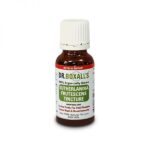
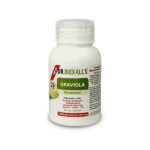
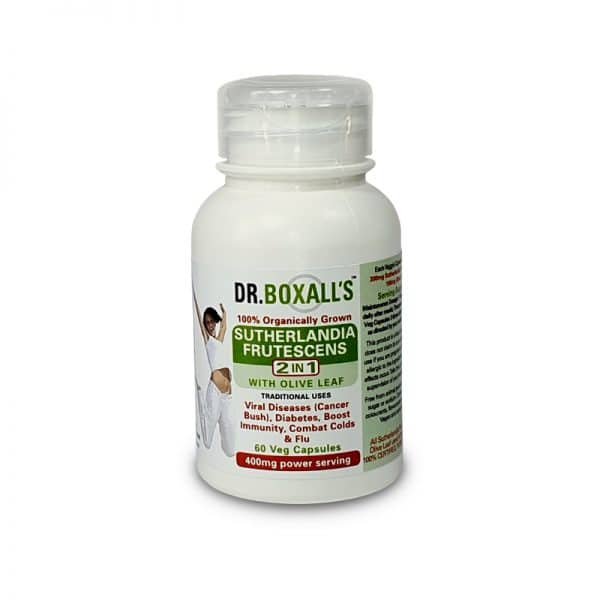
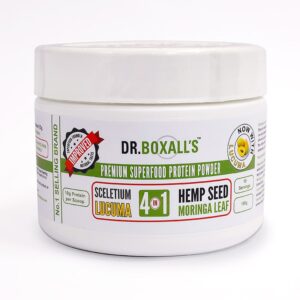
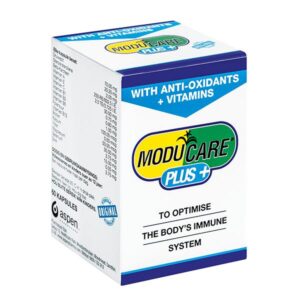
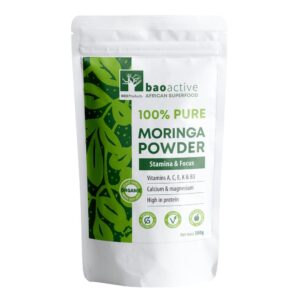

Reviews
There are no reviews yet.